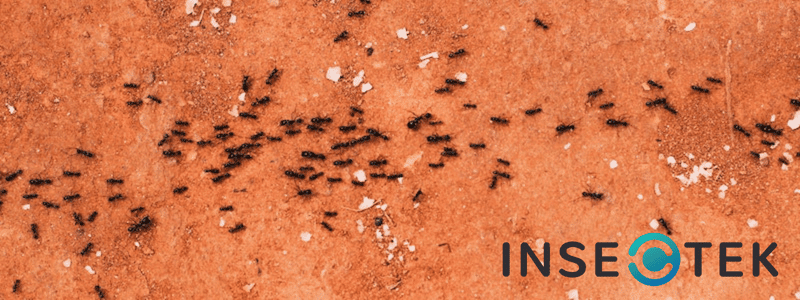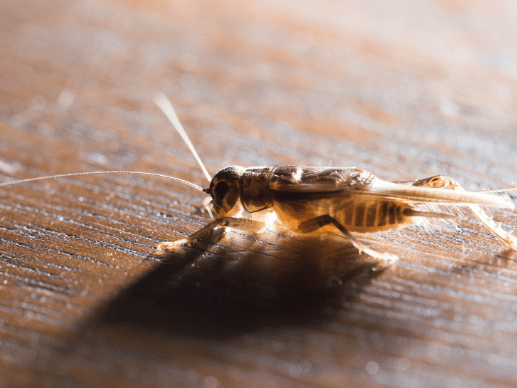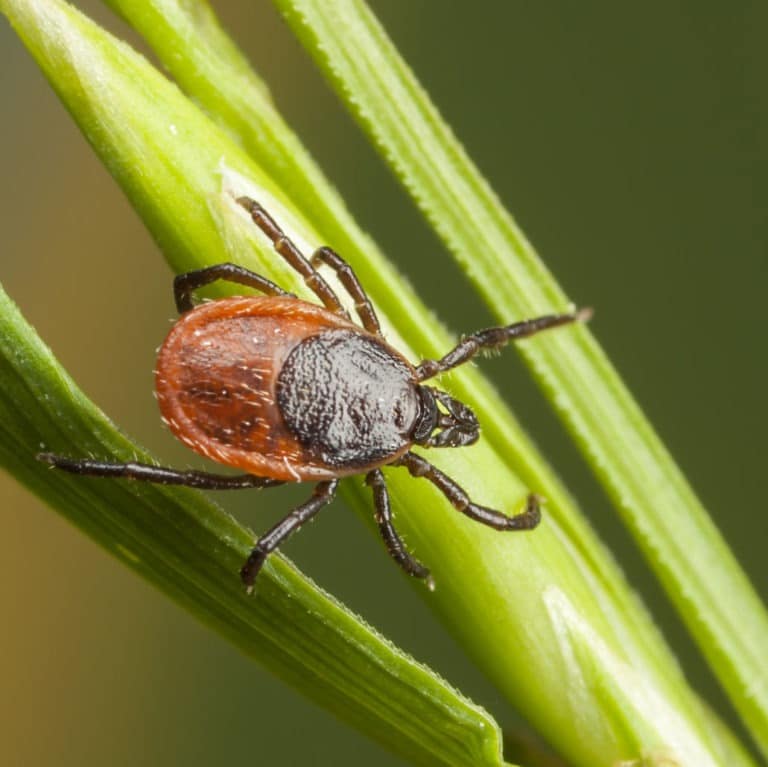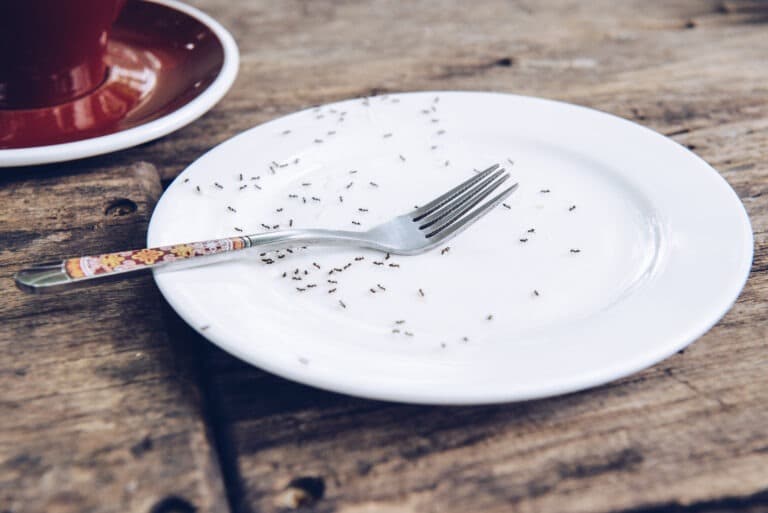In 2021, about 14 million homeowners reported seeing roaches in their homes over the past year, while 14.8 million saw mice or rats.
As stomach-churning as these reports are, they indicate that pests are a common problem for Americans across the country, and taking preventative precautions and removing risk factors for infestation is paramount in keeping infestations at bay.
In this blog, we’ll look at the following:
- What causes pest infestation?
- What are the top tips to keep pests out of my home?
- How do I get rid of pests in my home naturally?
- When should I hire professional pest control services?
What Causes Pest Infestation?
When there’s an incentive for pests to enter your home, the risk of infestation increases significantly. Rarely do large amounts of pests migrate to a location without reason.
Be aware of the following risk factors that can lead to infestation:
- Food. Open food sources, crumbs on the floor and counters, and other smaller pests are all attractants for pests.
- Water. Rodents need water to cool their bodies and stay hydrated, while bugs absorb moisture to keep their bodies from drying out. Open water, wet surfaces, and moist environments can incite pests.
- Shelter. If your home is an attractive environment for insects, they’ll likely move in. For example, messy yards, loose trash, dark, moist basements, and wood piles create a cozy habitat for unwelcome pests.
What are the Top Tips to Keep Pests out of my Home?

You can take the necessary precautions to avoid pest infestation. Thankfully, these tips can also deter present pests from sticking around.
Seal Cracks and Openings in Foundation
Entry points to your house go hand-in-hand with other incentives. If your home has cracks in walls, rips in screens, and unsealed gaps in the foundation, this allows pests to enter. This is the first and most crucial step because the presence of food crumbs or humid basements only leads to pest problems if they figure out a way in.
Maintain Your Front and Backyard
Untidy yards provide nesting spots for pests. Cleaning up weeds, overgrown grass, and dead leaves removes the hiding spots in which pests prefer to live and thrive.
Eliminate Access to Food
Remember to properly seal and store food sources like cereal boxes and chip bags in your pantry and cabinets. Likewise, clean up crumbs on counters and the floor. Another tip that’s often overlooked is tidying up pet food. Pests don’t discriminate between human and animal food; leaving your cat’s food out all day or forgetting to seal the kibble bag put your home at risk of infestation.
Exposed Trash
Trash is a feeding ground for pests and often builds up moisture and provides dark, tight-spaced shelter. Don’t let your trash build up and overflow. Make sure to dispose of trash regularly and use tight-fitting lids and bags tied up.
Remove Standing Water
Whether leaky pipes, trapped moisture, or a water fountain, pests need water and will go out of their way to access it. As mentioned earlier, rodents and bugs need water to regulate their bodies.
Because of this, it’s essential to clean up spills and fix any leaks. Humidity can build up in poorly ventilated rooms. You can help remove excess moisture from your home by ensuring your air conditioning and vents are working properly and utilizing dehumidifiers.
Be Aware of Open Entryways
While it’s unavoidable, leaving doors and windows open allows pests to access your home easily. Using screens or bug zappers can help keep pests out. Be aware of additional pest attractants such as white porch lights or leaving food or crumbs on patio tables.
You can switch out white bulbs for warmer yellow bulbs to attract fewer pests. Similarly, water fountains and pools allure pests. It isn’t practical to drain your pool or get rid of a water fountain. Instead, you can use certain pest-deterrent plants or repellant spray and candles.
Schedule Regular Pest Control Maintenance

Even if you remove all the elements that make a home pest-friendly, pests may still take a liking to your house. Other times, we change the environment after pests are already present.
Scheduling regular pest control is the most surefire way to keep pests out of your home. Professional pest control services treat current and future pest problems and maintain a clean, pest-free home.
How Do I Get Rid of Pests in My Home Naturally?
Natural deterrents for pests include certain foods and scents. Pests dislike certain scents like eucalyptus, catnip, peppermint, lemongrass, and tea tree. Planting these herbs in or around your home or in the form of essential oils can prevent pests from sticking around. You can also create a DIY repellant mist that’s safe to spray on vegetation and plants.
When Should I Hire Professional Pest Control Services?
If you’ve fallen victim to an infestation, see signs of pests in your home, or wish to keep your home pest-free, this is the time to reach out. There’s only so much you can do to prevent or eliminate pests in your home independently. Hiring professionals gives you the necessary tools and means for efficient and effective pest prevention.







